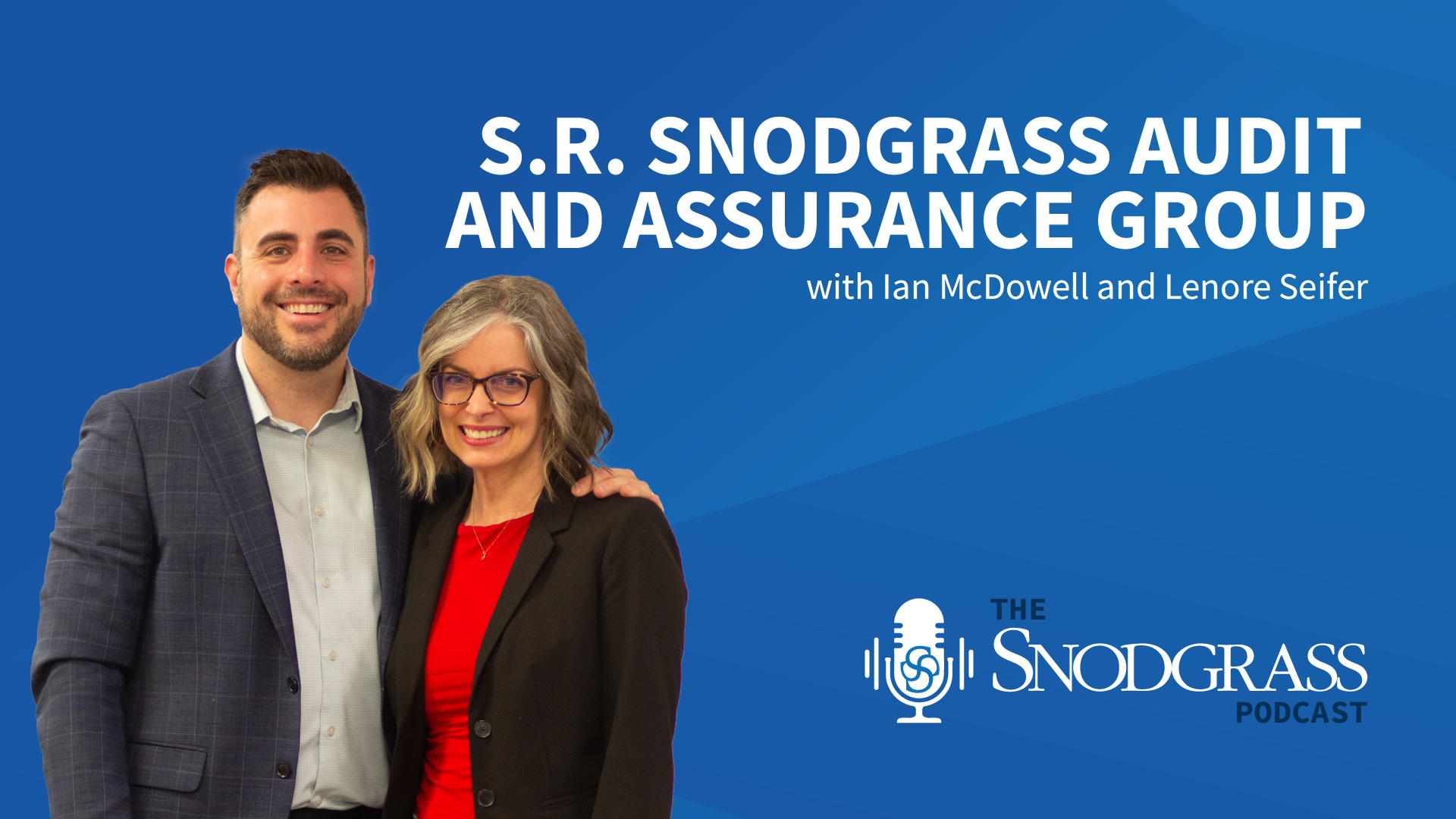Approximately one year since Congress passed the Tax Cuts and Jobs Act (P.L. 115-97), the IRS has issued interim guidance to address Section 4960 of the Internal Revenue Code (the Code).
Code Section 4960 imposes a 21 percent federal excise tax on exempt organizations that provide for total compensation (remuneration) in excess of $1 million or provide for certain severance packages to covered employees beginning in 2018. The interim guidance issued by the IRS, Notice 2019-09 (the Notice), includes information on calculating and paying the new tax. The Notice also states that until further guidance is issued, taxpayers may use a good-faith, reasonable interpretation of the statute, to comply with the requirements of Code Section 4960, and describes certain positions that the IRS and the U.S. Department of the Treasury do not consider good-faith, reasonable interpretations.
Which organizations are affected?
The IRS defines those organizations affected as applicable tax-exempt organizations (ATEOs). Under Code Section 4960, an entity is covered as an ATEO if it is exempt under:
- Code Section 501(a);
- as a farming cooperative under Code Section 527(e)(1);
- as government entities under Code Section 115(1); or
- as a political organization under Code Section 527(e)(1)
The Notice specifies that the ATEO is considered the common-law employer and, therefore, cannot avoid or reduce its tax liability under Code Section 4960 by paying its employees, contractors, board members, etc., through any number of related entities, or by using a third-party payer arrangement, common paymaster, statutory employer, certified professional employer organization, or any similar arrangement.
Who is a covered employee?
According to the IRS, covered employees, will always be covered employees even after the employer-employee relations cease. In order to be included as such, the employee must be one of the five highest-compensated employees in the current taxable year or a covered employee in any preceding taxable year beginning January 1, 2017.
Which payments must be considered in the calculation of remuneration?
For the purposes of calculating the excise tax, remuneration means a covered employee’s wages for federal income tax purposes under Code Section 3401(a), including amounts required to be included in gross income under Code Section 457(f), but excluding designated Roth contributions and excluding remuneration paid to a licensed medical professional for the performance of medical or veterinary services. Remuneration is treated as paid when there is no “substantial risk of forfeiture” of the rights to the remuneration. Therefore, ATEOs cannot delay the actual payment of the remuneration to its covered employees to avoid the excise tax.
An “excess parachute payment” is, in general, an amount that is contingent on an employee’s separation from employment that exceeds three times the covered employee’s base compensation. Unlike the purposes of calculating remuneration for a taxable year, excess parachute payments are not required to exceed $1 million to be subject to the tax.
How do you report and pay the excise tax?
IRS Form 4720 is to be filed by the 15th day of the fifth month after the end of the employer’s taxable year to pay taxes due that are imposed under Code Section 4960. Remuneration paid should be calculated based on payments made in a calendar year. Therefore, entities that have a December 31 calendar year-end will align their calculations with their taxable year-end. For entities that have a fiscal year-end other than December 31, excess compensation paid and excess severance/parachute payments made to a covered employee in the calendar year ending with or within the taxable year of the employer’s fiscal year are treated as paid for that taxable year (e.g., June 30, 2019, filers will use December 31, 2018, remuneration paid). It should be noted that the extension filing does not extend the time to pay the tax, and estimated tax payments during the year are not required for the excise tax.
If you wish to discuss any of the matters in the attached update in more detail, please call 724-934-0344.



